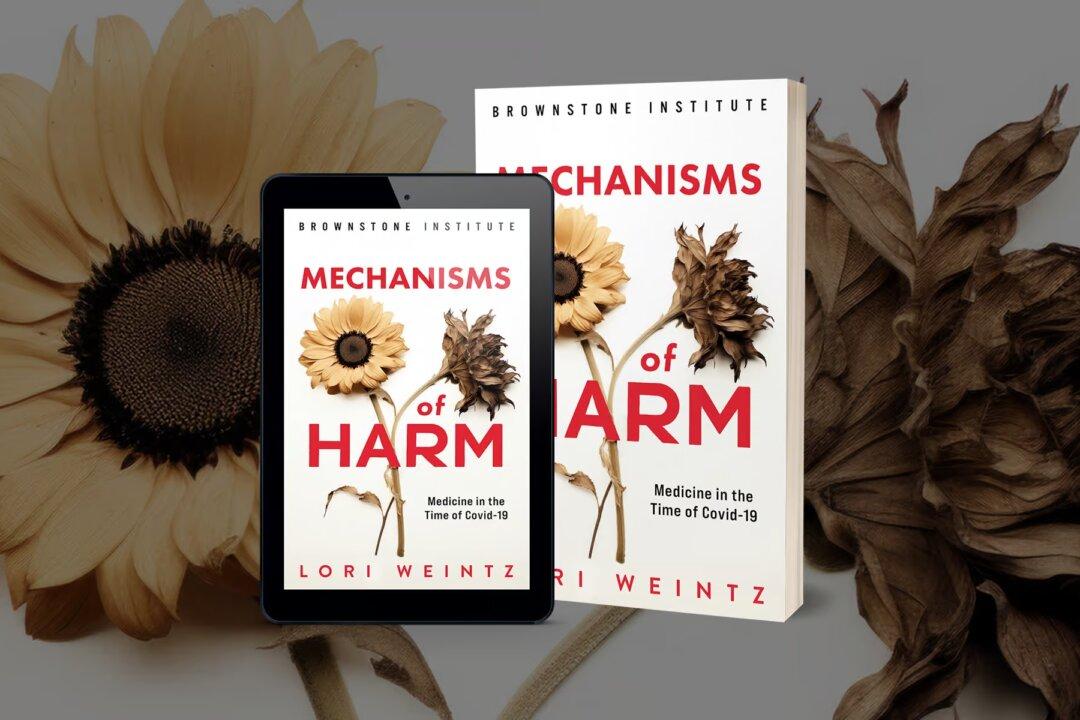[The following is Chapter One of Lori Weintz’s book, “Mechanisms of Harm: Medicine in the Time of Covid-19.”]
“It is sad that the shutdown will be harder for poorer countries than richer countries.” — Bill Gates, TED interview, March 24, 2020

“It is sad that the shutdown will be harder for poorer countries than richer countries.” — Bill Gates, TED interview, March 24, 2020